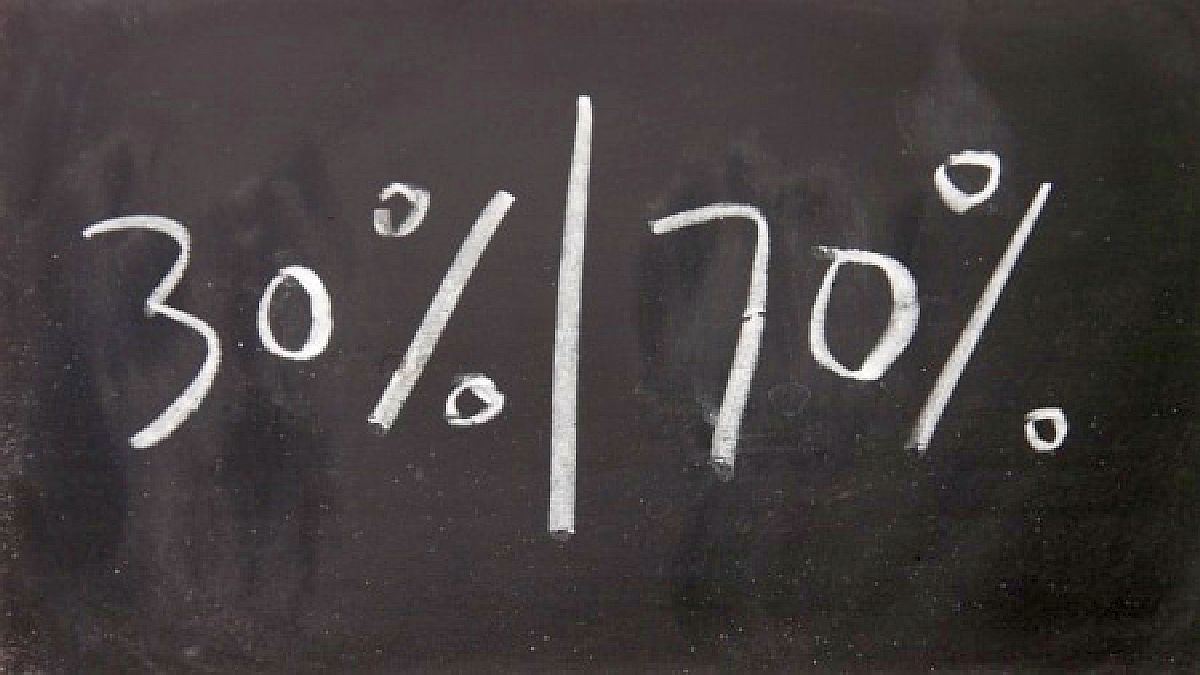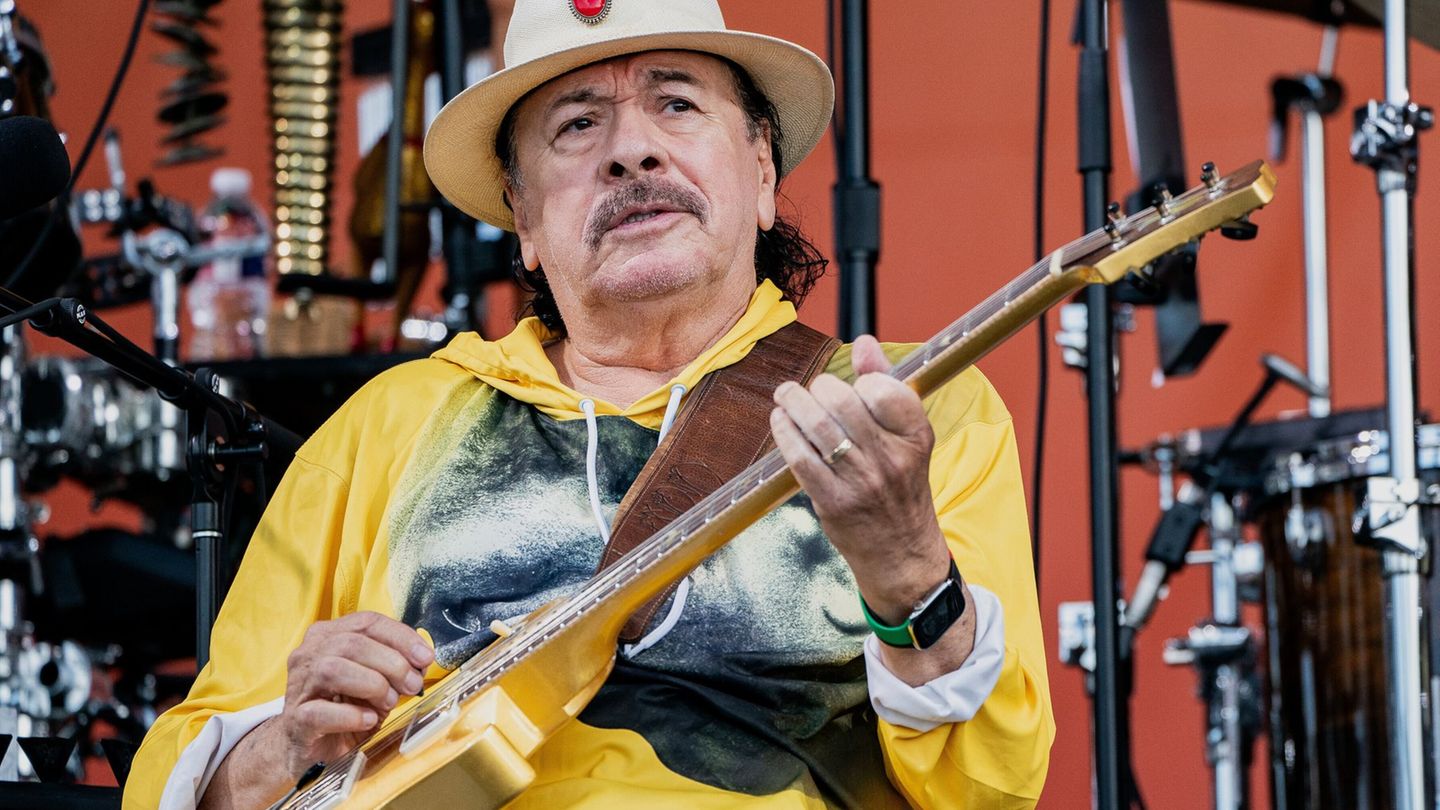The method consists of setting aside 100% of the income, 70 for fixed and variable expenses, and, on the remaining 30, a distribution in equal amounts.
In a context of very high uncertainty such as the one Argentina is going through, it is logical to cast a negative gaze on the real possibilities of making our money. However, all is not lost. You can still resort to some concepts, structures, formulas and specific strategies that will help us from the behavioral aspect to find an order and, consequently, the possibility of noticing over time that the effort used has paid off.
The content you want to access is exclusive to subscribers.
Nor will it be necessary to implement a resounding life change that makes us look like Sisyphus on an impossible mission to accomplish, but simply a methodical focus on three of the pillars of personal finance: designing a budget, contracting towards the habit of savings and an investment plan, no matter how big it is. Because, it should be remembered, when we talk about investments we usually think of wealthy gentlemen who are widely familiar with stock market movements and never of a person who seeks to build an ascending portfolio with his work, effort and intelligence. Nothing further from reality.


A good strategy to put into practice at the beginning is based on the well-known financial rule of 70/30. It consists of setting aside, from 100% of the income, 70 for fixed and variable expenses. And, on the remaining 30, a distribution in equal amounts.
Thus, the first 10% will be destined to savings, preferably in a systematic and sustained tool over time, to which regular contributions are injected that seek to beat inflation and the devaluation of the currency in which it is made. If we start from the axiom that stopped money is lost money, we know that some currencies are devalued, even those that are considered more robust such as the dollar, the euro or the yen.
Returning to the tool, it will be necessary to ensure that it is established in the long term, accompanying productive working life. And also take advantage of the magic of compound interest, according to Albert Einstein, “the most powerful force in the universe”.
The next step is to manage an emergency fund. An instrument made up of immediately liquid money, perhaps low profitability, but which guarantees us to be able to match the current devaluation of the currency in which the fund was generated which, in the case of the peso, will be very fast and possibly less dizzying in another currency . This emergency fund must be made up of between six and twelve monthly incomes so that, in the event of an eventuality that causes it to be lacking (such as loss of work or productivity in a company), this fund can be accessed until the money is recovered. proper positioning and return to generating profitability.
The last third will be dedicated to a factor that will require much less stress and attention from us: enjoyment. Ours and our family’s. Because for personal finances to be healthy, it is necessary to be able to enjoy that ten percent that we produce with our effort in daily work and in planning the strategy. In this way, dinners away from home, frequent trips and getaways, shared leisure time and access to cultural and social events are a fundamental part of the equation and financial balance. Managed under the parameters of this rule, the money destined for enjoyment will more than fulfill its role and will not make us feel that we are incurring a series of superfluous expenses that, instead of giving us pleasure, could generate a feeling of guilt.
Educational psychologist, graduate in finance and insurance producer. Financial Education Specialist and CEO of GT Financial Education, a consultant whose mission is to disseminate financial education from early childhood.
Source: Ambito
David William is a talented author who has made a name for himself in the world of writing. He is a professional author who writes on a wide range of topics, from general interest to opinion news. David is currently working as a writer at 24 hours worlds where he brings his unique perspective and in-depth research to his articles, making them both informative and engaging.




